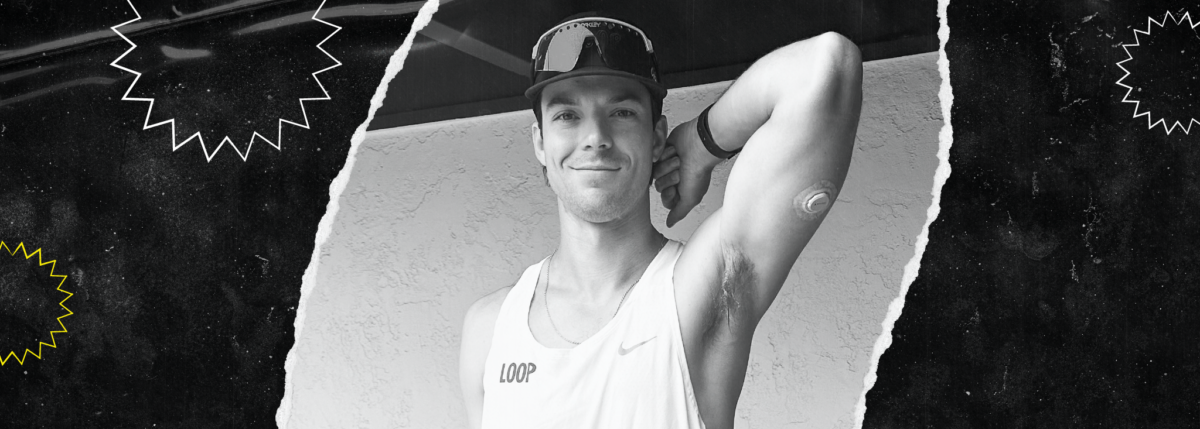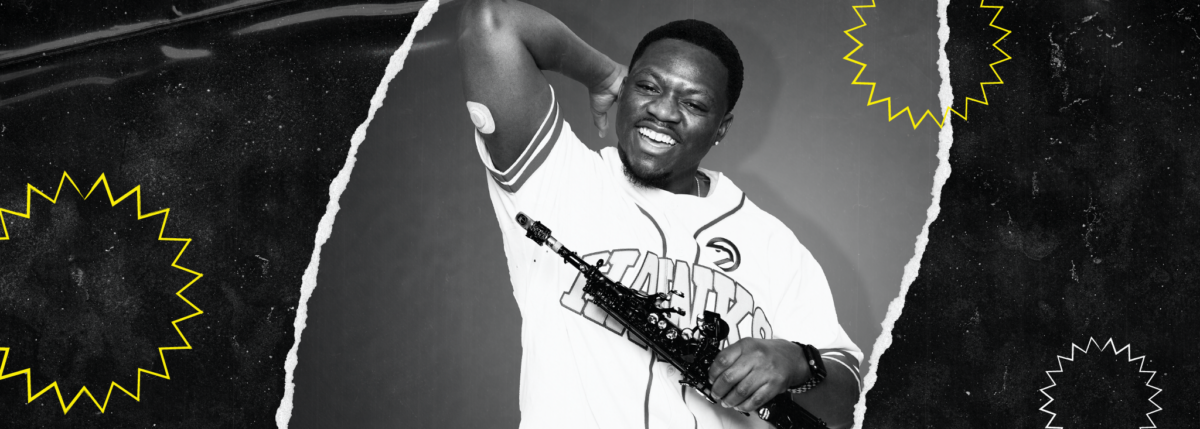What you should know about being a mom to a T1D Teen
Written by: Erin McShay
3 minute read
May 1, 2017
It’s 3:00 a.m. and I’m staring at my 15-year-old son sitting at our kitchen table. It’s the hour when most families are in that deep REM stage, but when you’re dealing with type 1 diabetes, you may be up for any number of reasons. There’s a joke you might have heard if you’re in the type 1 community. It goes something like this: “I went to bed at 9 p.m. and slept a full 10 hours straight,” said no diabetes mom ever.
When you have type 1 you might wake up because your blood sugar is too low or high. Or by chance the batteries have died in your insulin pump, or your insulin cartridge could be low, or the tubing could be clogged, or the pump may simply stop working—which was the case with us.
That night my son, Sam, tried repeatedly to prime the pump. We put in a brand new cartridge, new tubing, all to no avail. I listened to it rewind and heard the vibrating beeps, followed by the ugly warning ding that sounded off when something was not right. I knew then that it was going to be a long night.
No pump meant no insulin.
When you have type 1 diabetes you need insulin to survive. When you’re a 15-year-old growing boy—you need lots of it. Sam was diagnosed when he was 4 years old—we bought an insulin pump the following year—so we are no pump rookies, and yet, this was a curve ball.
The walls of the kitchen closed in on me. I started thinking of how unfair this was; we needed our sleep! We both had busy days ahead—me at work, him at school—with make-up tests and a basketball game later that evening. Thus, adding to my ever-growing panic was the realization that he could not survive without his pump. Sure, I could keep him home from school and give him shots, babysitting his blood sugar every two hours, but that was not conducive to our busy lives.
I began hyperventilating. I wanted nothing else than to collapse on the floor and cry into my hands. I probably would have, but I looked up and saw Sam staring at me. “What are we going to do?” He asked. At that moment, I knew couldn’t let him see me fall apart. I was the adult here. I had to show him that we could figure it out. I needed to keep my cool. I had to show him that he could do this, because he was going to have to do this for the rest of his life.
It dawned on me then that we had an old antiquated pump in the basement laundry room. I suggested this, and Sam rolled his teenage eyes at me. “That thing is not going to work …” As we walked downstairs I told him that this wasn’t a big deal. Yes, we would have to order a new pump, which would take 24 hours, and even if we both had to stay home, and do shots and checks all day, it wouldn’t be the end of the world. I started in with my We are stronger than this speech, to which he probably wasn’t listening.
If he had any idea how close I was to a nervous breakdown, he didn’t show it. Long story short, the reserve pump worked and we got back to sleep for another three blissful hours. Later that day I realized that kids learn from example. They are constantly watching us: how we react to things, how we drive, how we speak to people, how we cope with obstacles. I think that one of the greatest lessons we can teach our children, (especially children with type 1) is coping—how to hone that attitudinal muscle, keeping our heads up during distressing moments.
I’d like to think that I can take credit for the amazing human being my son has become, but I can’t. Well, not completely, he has learned some things from me, like how to hold a fork, and put his pants on, and to say, “please” and “thank you,” but he is his own unique person.
Kids that have type 1 are all unbelievably resilient. They are quick thinkers and multi-taskers. Little mathematicians that have to make a hundred decisions a day about their health. Not only do they have to remember their backpacks and lunches, but Sam and others like him, must remember, extra juice, cartridges, meters, test strips, batteries; the endless list goes on.
They must look out for themselves, eat right, exercise and plan, because unfortunately, they have no choice; their life depend on it. I’ve read a great deal lately about when is the right time for parents to turn over the reins and start forcing their children to take charge of their illness.
The way I look at it is that Sam will be on his own soon enough. Time goes so fast. I want to help him as much as I can, for as long as he’ll let me. I was told by his first-grade teacher that we have a co-dependent relationship. I think that we still do today, but is that a bad thing? I see him sprouting his independence in a lot of ways now as most teenagers do. I think he’ll gradually get there, so I feel honored to help him during this brief interlude of his life. I also think that as long as we have them under our wing we need to keep encouraging them, building them up and telling them how remarkable they are. Because once you grow up, that all stops. And someday in their distant future, when they are having a bad day and feel like collapsing on their own kitchen floor, they might hear a little voice that tells them, “You’ve got this. You’re extraordinary.”
Want to become a Beyond Type 1 Ambassador? Sign up for our newsletter!

Author
Erin McShay
Erin McShay is a blogger, author, type 1 diabetes advocate, and mom to 15-year-old Sam. Sam was diagnosed at age 4, and recently celebrated his type 1 diabetes (T1D) 10-year anniversary. Together their walk team “Yosemite Sam” has raised over $30,000 for type 1 diabetes.
Related Resources
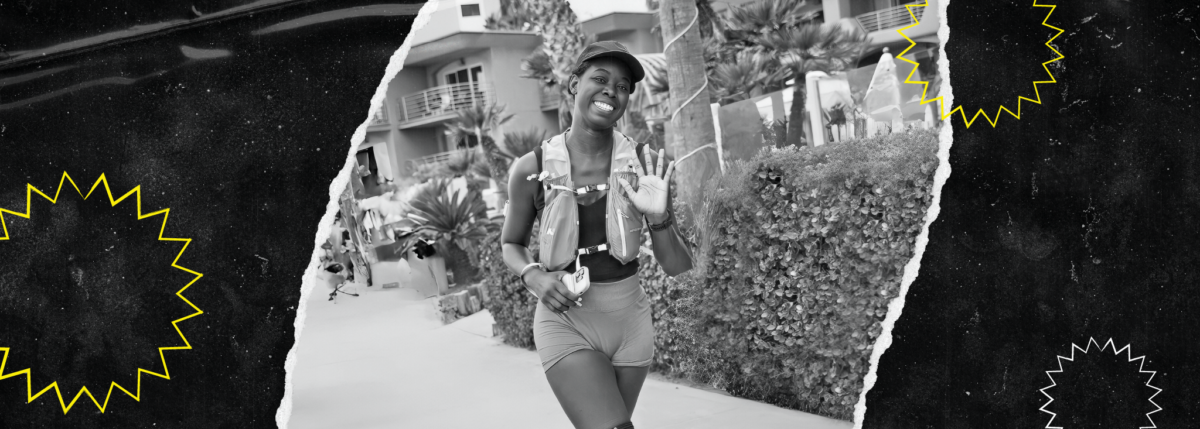
Danica Collins not only prepared for one of the most challenging physical events of her...
Read more
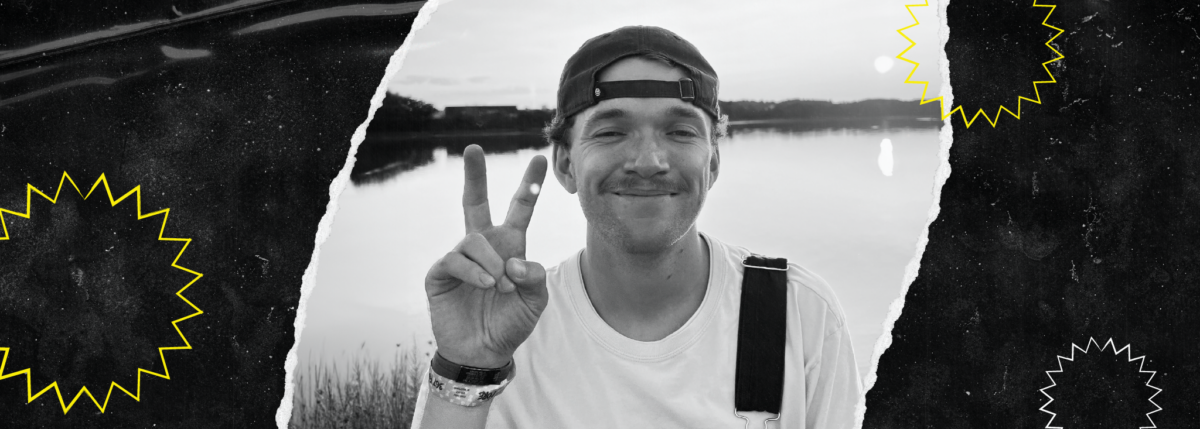
Beyond Type 1 is spotlighting inspiring athletes with type 1 diabetes as they prepare for...
Read more
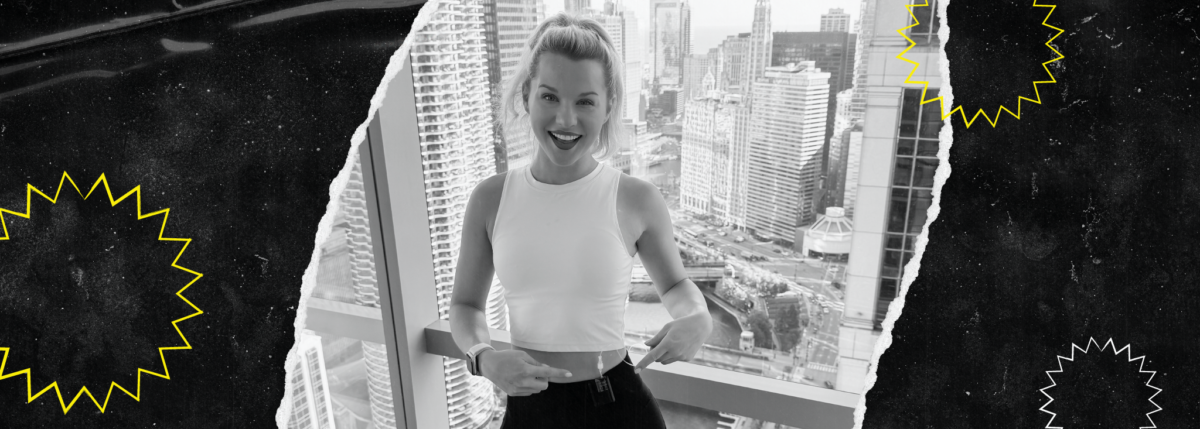
On November 3, 2024, Taylor Rindfleisch of Chicago laced up her running shoes for the...
Read more
